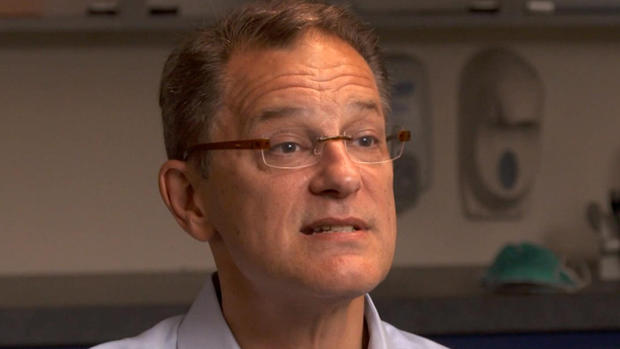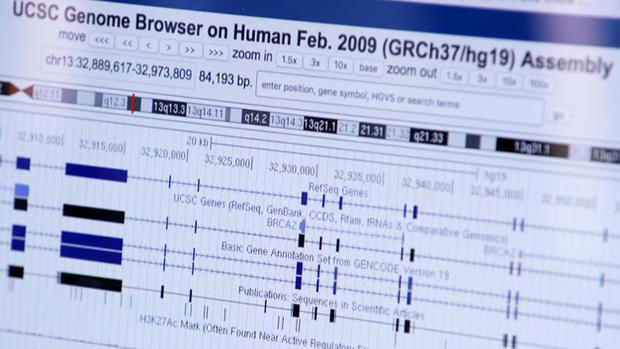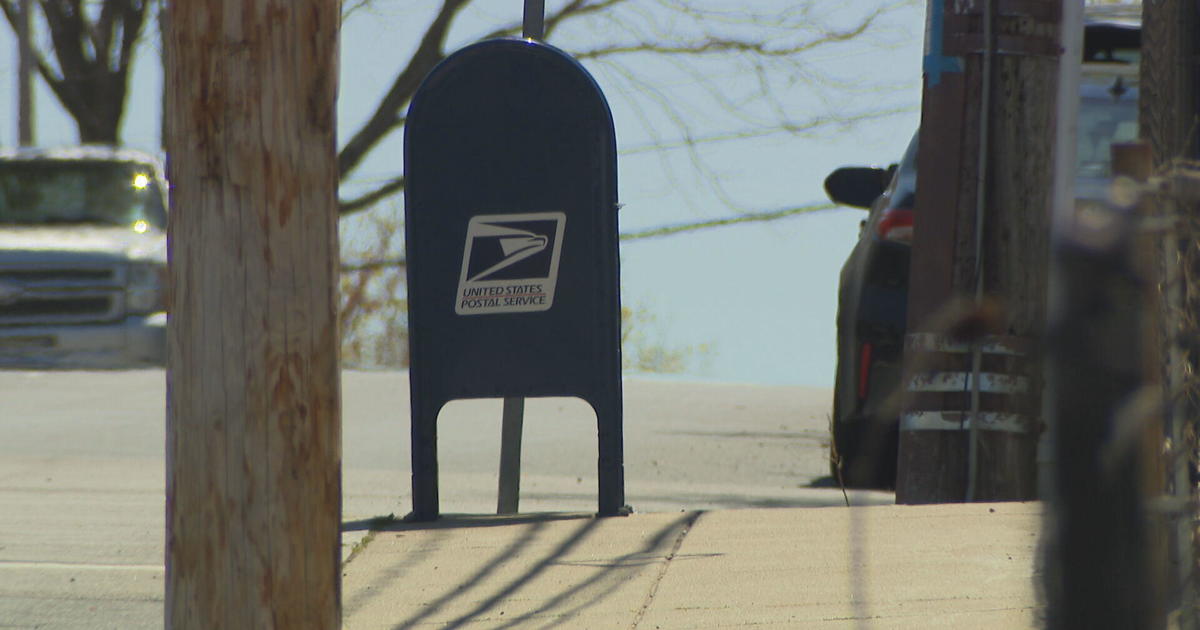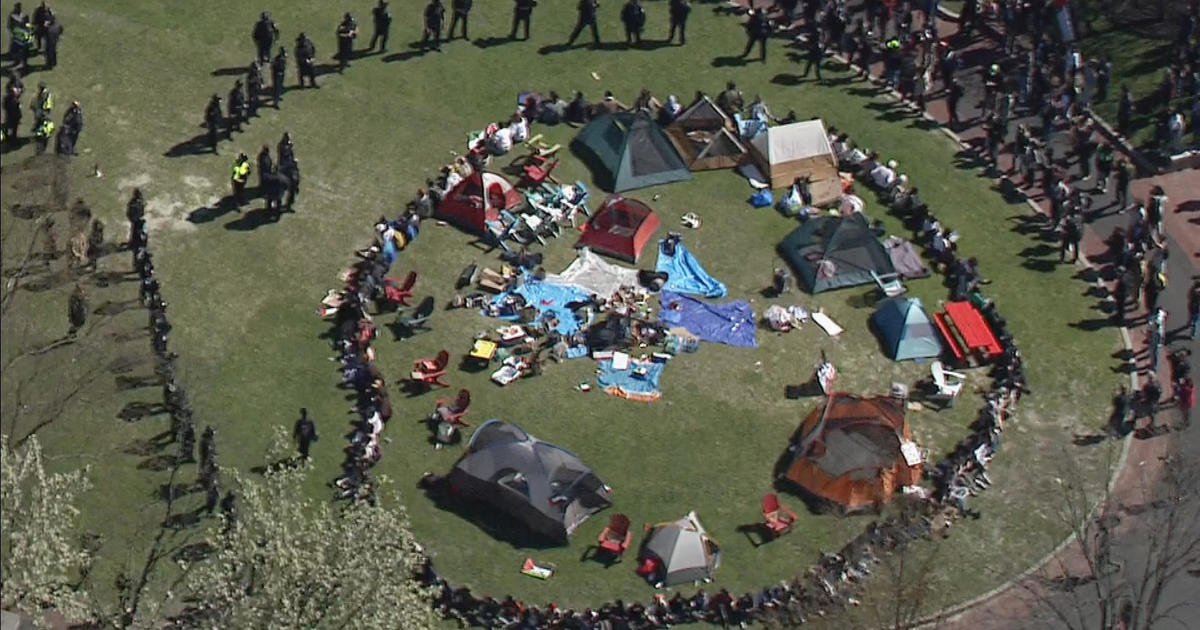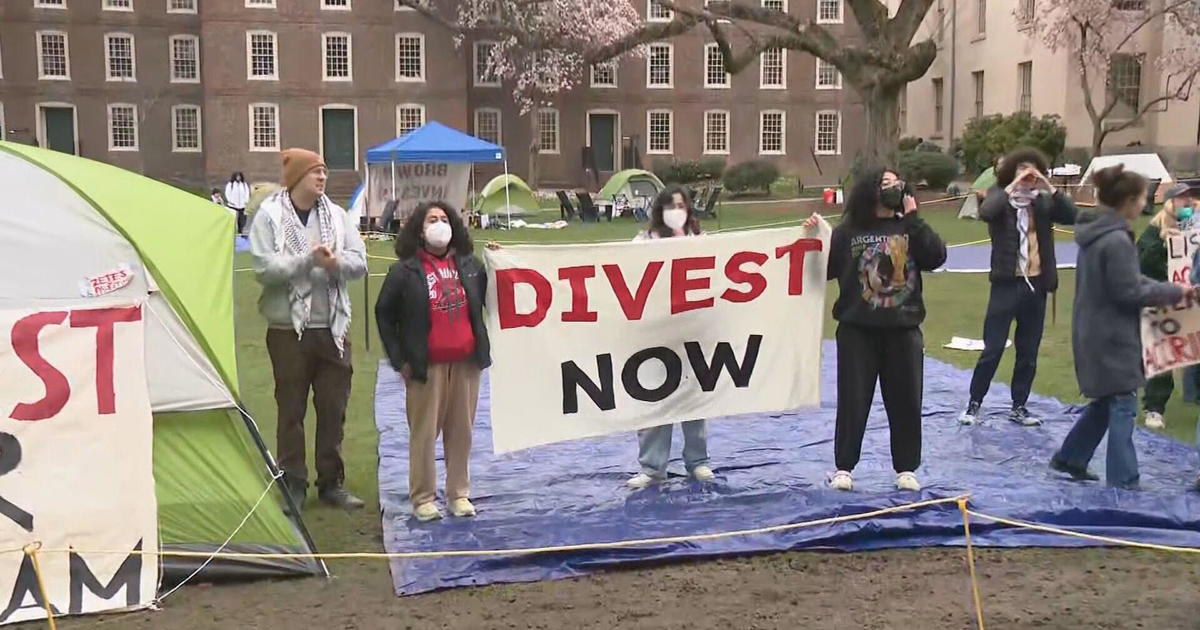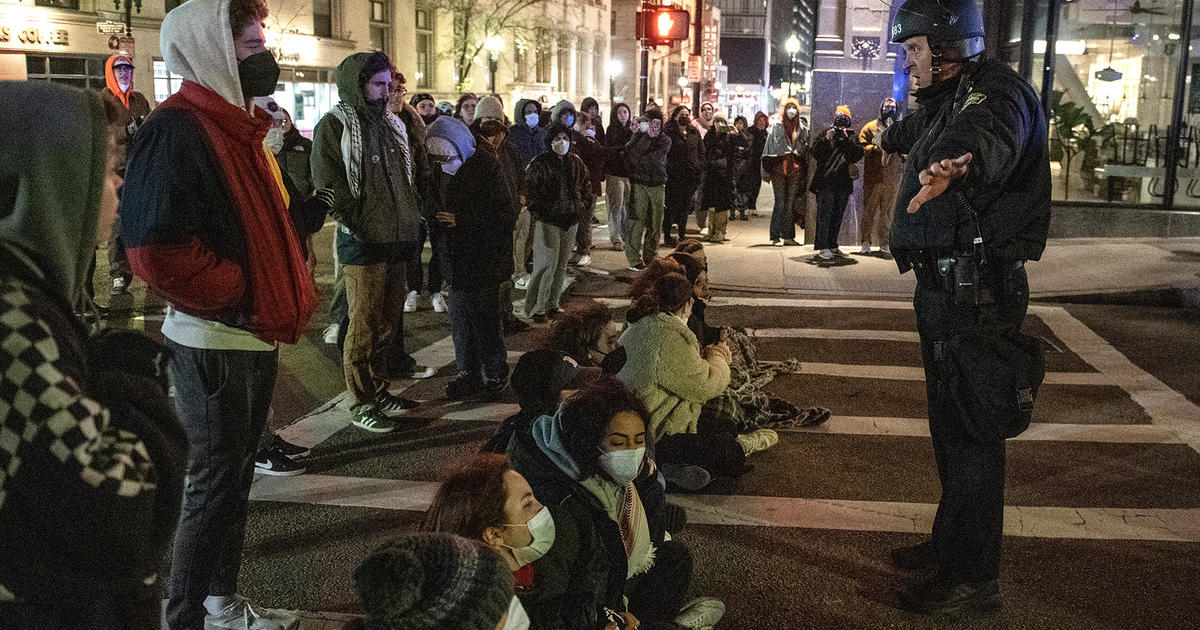DNA Scan That Can Detect 1,800 Diseases In Newborns Raises Privacy Concerns
BOSTON (CBS) – Doctors at Brigham and Women's Hospital are offering new parents a landmark genetic scan that screens newborns for around 1,800 conditions. But most parents are declining the controversial test.
The trial allows newborns to be tested before showing symptoms of diseases, including some cancers.
Robert Green, medical geneticist at Harvard and co-director of the BabySeq Project along with Alan Beggs, told CBS This Morning the scan could "absolutely" save a child's life in the future.
But as Green told CBS This Morning, there are also drawbacks to the program.
"I would have to say I'm not 100 percent comfortable with it. What we're really trying to do in this study is ask the question, 'How beneficial or harmful is it to go down this road?'" Green said.
Some of the potential risks include breaches of privacy and genetic discrimination.
"We can't predict what kind of discrimination is going to be occurring by the time your child grows up," Green told CBS. "We can't predict whether there's some sort of privacy breaches, this information gets out and is used against your child in some sort of future scenario. And we, most importantly, we can't predict the information's accurate."
Lauren Stetson and her husband Kyle opted to have their daughter Cora undergo the scan when she was born.
Doctors found a partial biotinidase deficiency, something that Cora showed no symptoms of. If the test had not uncovered the deficiency, it could have caused a permanent drop in her IQ.
"It's a pretty insane thing to think about," Stetson told CBS This Morning.
Because the test revealed Cora's deficiency, she is able to be treated using a daily vitamin that gets mixed into her yogurt.
Green, however, says so far about 9 of 10 families have declined the test.
The National Institutes of Health funds the BabySeq trial at about $25 million. The initial round of results from the study, which should be available in the next several years, will help doctors and lawmakers determine how to use the testing in the future.
"People are distrustful of information gathering. They're hearing about all these break-ins and hacks," Green said. "And I'm afraid they're turning down the possibility of this information at this time because they just don't trust the future."
